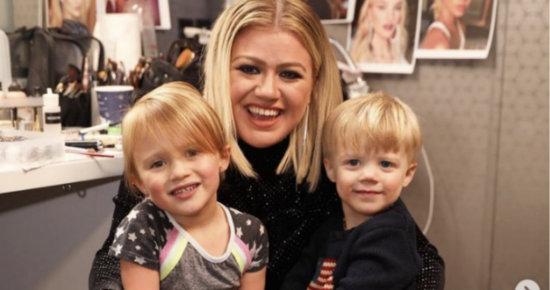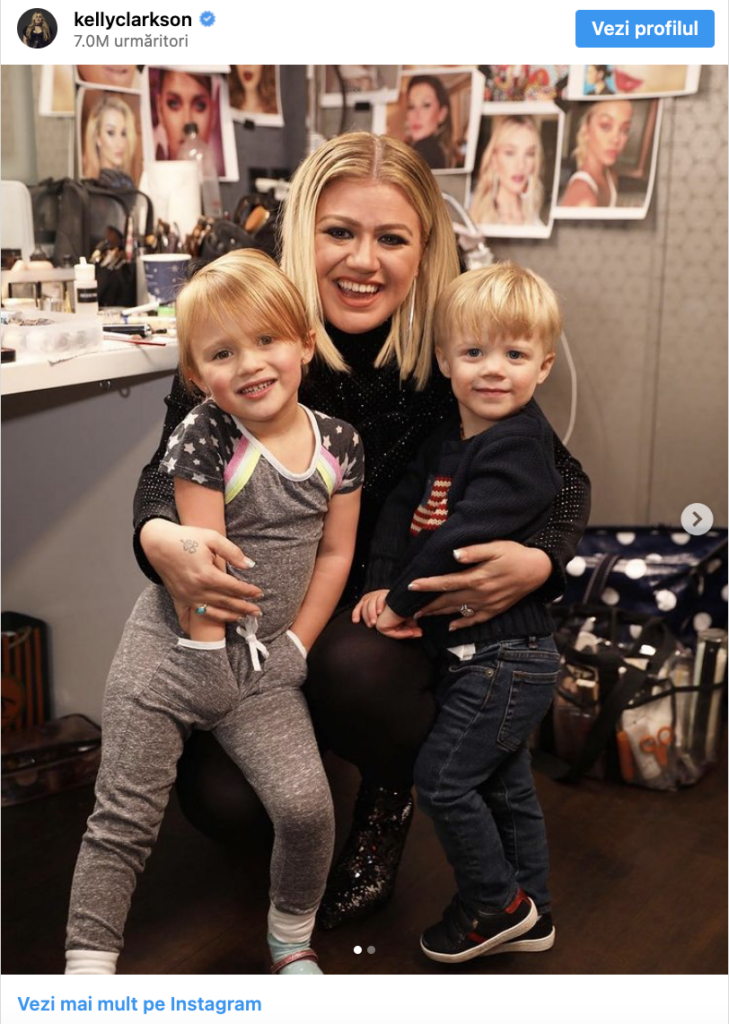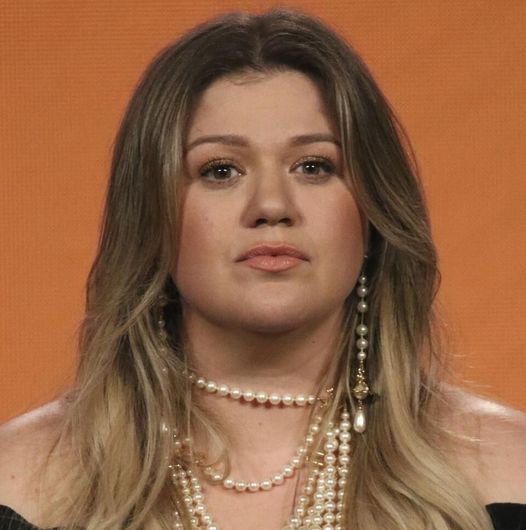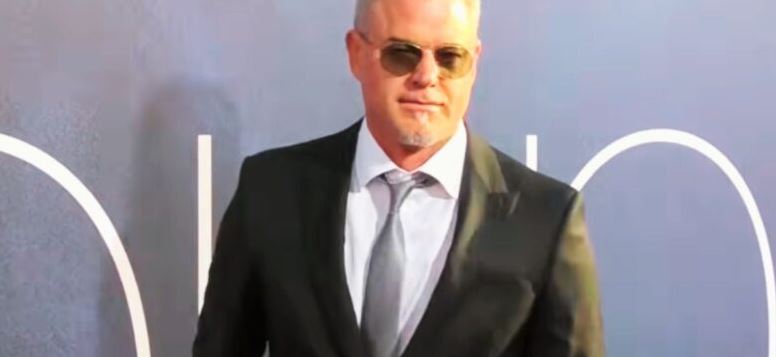In a candid radio interview, Kelly Clarkson, the proud mother of River Rose, 8, and Remy, 6, forthrightly expressed her views on parenting and discipline, which includes the use of spanking. This method has raised eyebrows and sparked discussions given the evolving landscape of parenting styles.

As a star with a recent addition to the Hollywood Walk of Fame, Clarkson isn’t hesitant to discuss less conventional parenting techniques like spanking, which she considers part of her disciplinary arsenal, drawing from her own upbringing and cultural background.

Despite the polarized opinions, Clarkson clarifies that her intention isn’t to harm but to moderate behavior through what she describes as a ‘little spanking.’ Notably, opinions differ significantly, with institutions like the American Academy of Pediatrics viewing spanking as harmful and ineffective.
Clarkson’s roots in Texas, a place with diverse cultures and traditions, significantly shape her perspective. She openly shares, “I’m from the South, y’all, so we get spankings. My parents spanked me, I turned out fine, and I’m comfortable with that.” This straightforward approach, she believes, inculcated resilience and strong values in her personality.

The challenge of disciplining in public often subjects her to scrutiny and judgment, yet she remains unswayed in her belief that spanking, when used judiciously, is an effective disciplinary tool. “You might even see me spanking my child at the zoo,” she admits, emphasizing her faith in this approach.
Kelly employs a strategy of clear communication before resorting to spanking, explaining to her children the consequences of their actions to foster understanding rather than fear. This method, she notes, has made a noticeable difference in managing her children’s behavior.
Kelly Clarkson’s candidness in sharing her parenting choices contributes to the broader dialogue on child-rearing practices. It highlights the need for a respectful exchange of ideas, recognizing that while some parents may adopt alternative methods, all aim for the well-being and proper development of their children.
The ongoing discussion about parenting techniques reflects deeper societal changes and the various viewpoints that enrich these debates, emphasizing that multiple approaches can coexist, each contributing to the collective understanding of parenting.




